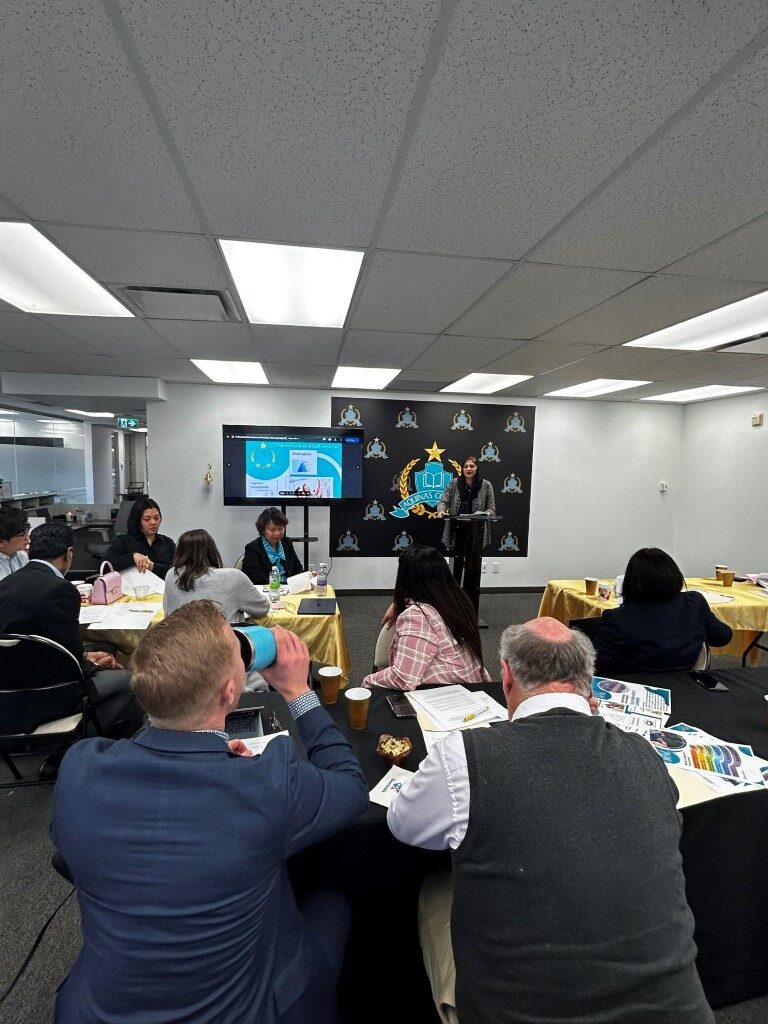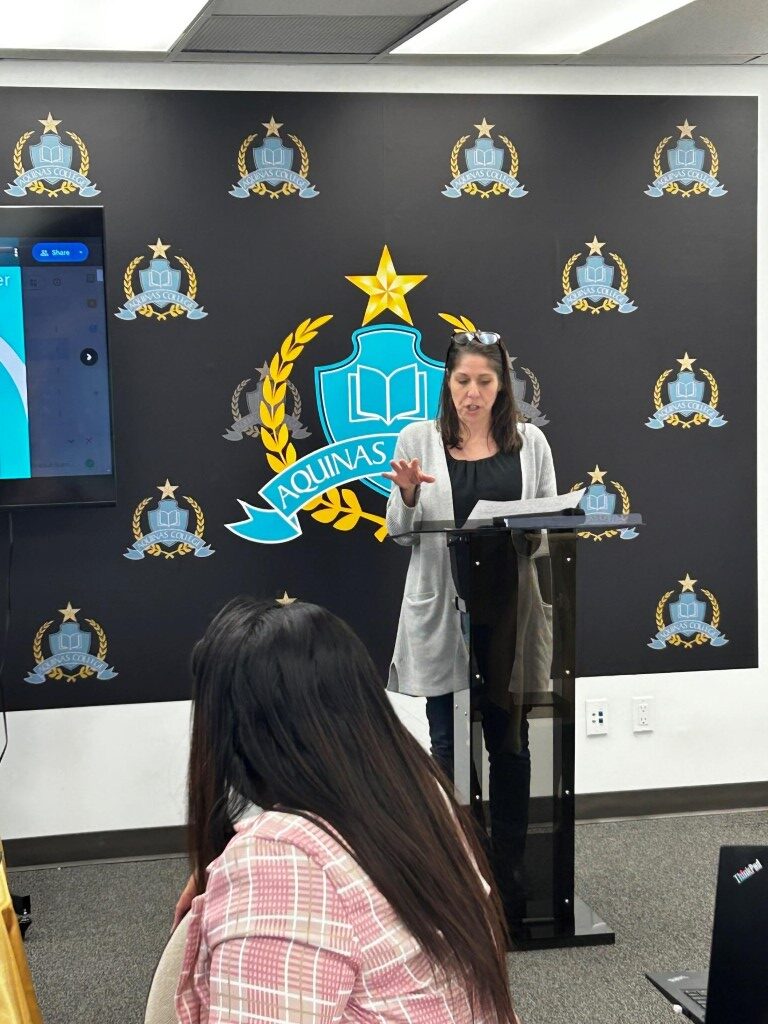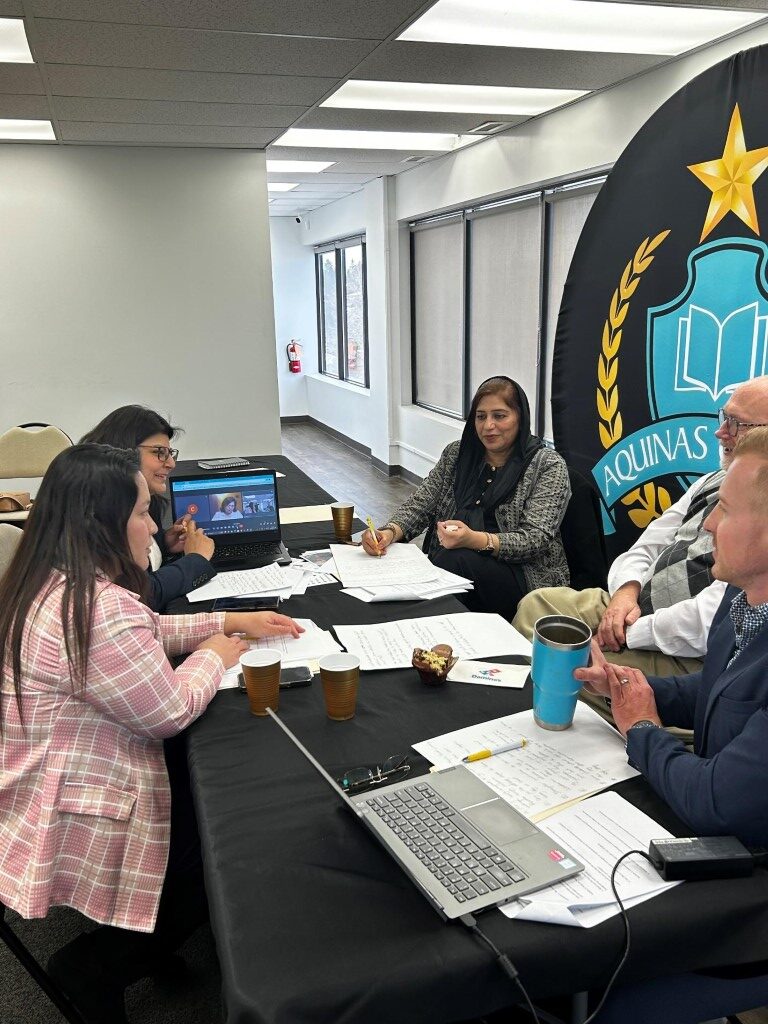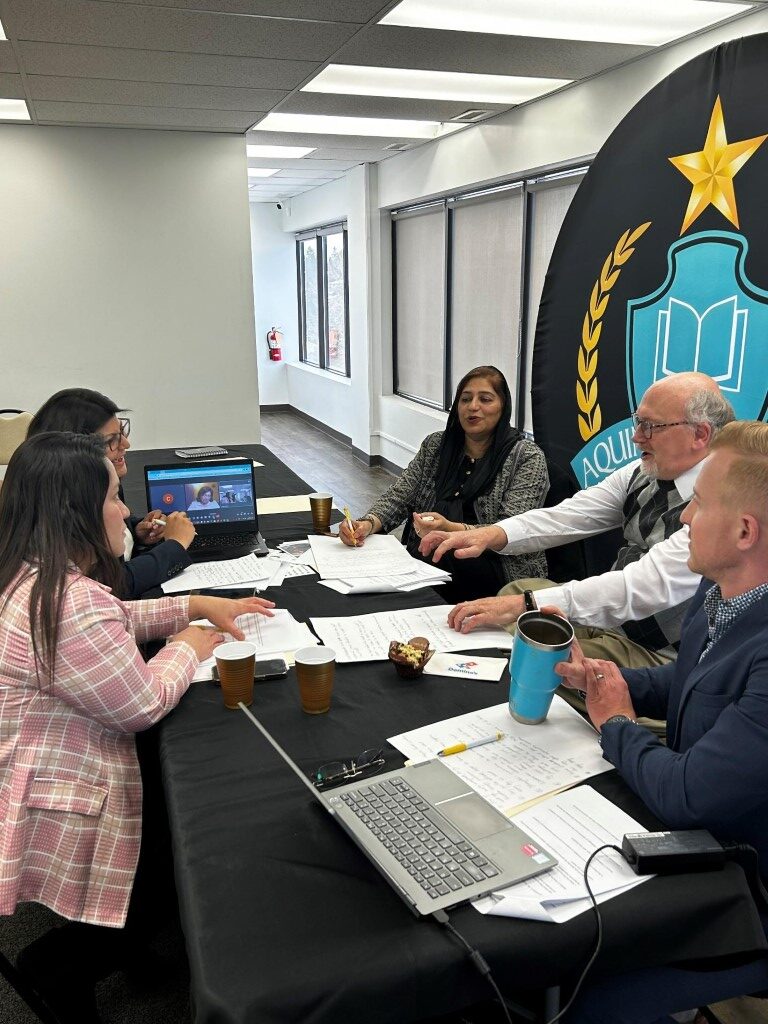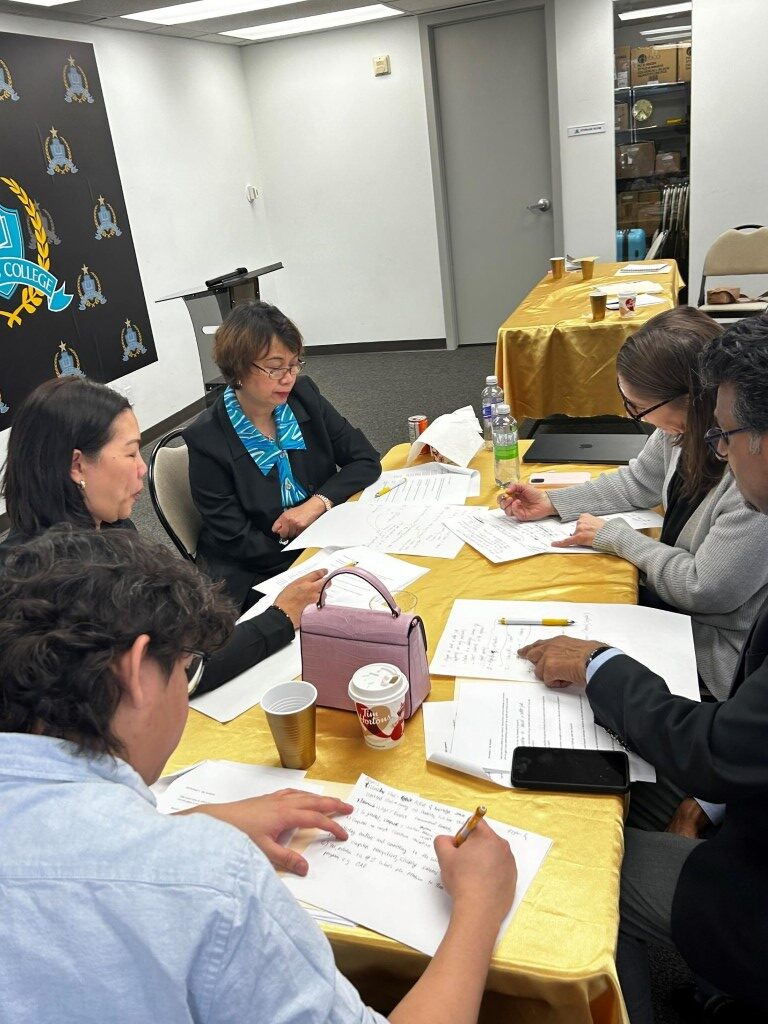Introduction:
Professional development for teachers is a crucial aspect of maintaining high-quality education. At Aquinas College, a recent workshop focused on improving teaching practices for adult learners. In this blog, we will explore the insights gained during the workshop and the strategies proposed by teachers to address the unique challenges of teaching adult students.
Understanding Adult Learners:
During the workshop, Dr. AnnaLiza emphasized the importance of understanding the nature of adult learners. Adult learners differ significantly from traditional students, and to effectively teach them, educators need to grasp their characteristics. Here are three major aspects highlighted during the workshop:
1. Cognitive Level:
Adult learners think, reason, and understand differently. They approach learning with a practical mindset, wanting to know the real-world relevance of their studies. They are goal-oriented, driven by the desire to connect their learning to their personal or professional goals. Additionally, adult learners thrive in collaborative learning environments.
2. Psychosocial Stage:
Adult learners are self-directed individuals who want to be actively involved in decision-making. They appreciate autonomy and resist being told what to do. Recognizing this aspect of their psychosocial development is essential for effective teaching.
3. Motivation:
Understanding what motivates adult learners is key. They are more likely to engage in learning when they see the direct applicability of the material to their lives or work. Therefore, instructors should strive to make the content relatable and meaningful.
Challenges Faced by Teachers:
During the workshop, teachers shared their observations and challenges when teaching adult learners at Aquinas College:
1. Multiple Responsibilities:
Many adult students juggle multiple responsibilities, such as work, family, and education simultaneously. This can affect their engagement in class and their ability to meet deadlines.
2. Technology Challenges:
Some adult learners struggle with technology, which can hinder their participation in online components of the courses.
3. Desire for Convenience:
A portion of adult learners may expect the college to make things easier for them, potentially leading to conflicts over attendance policies and assignment submissions.
Strategies for Effective Teaching:
In response to these challenges, teachers at Aquinas College proposed several strategies to enhance teaching for adult learners:
1. Involving Students in Classroom Rules:
By involving students in setting classroom rules, including reasonable attendance and submission deadlines, teachers can build a collaborative and responsible learning environment.
2. Practical and Relatable Lectures:
Instructors should focus on making lectures practical and relatable, avoiding rote memorization and emphasizing the real-world applicability of concepts.
3. Collaborative Coursework:
To discourage cheating and encourage active learning, educators can design coursework that promotes collaboration and group work. Open-book exams that assess understanding, analysis, and application of concepts are preferred over simple identification questions.
4. Bloom’s Taxonomy:
Using Bloom’s Taxonomy, teachers can develop course learning objectives and assessments that measure higher-order thinking skills, ensuring that students are truly grasping the material.
Conclusion:
Teaching adult learners requires a deep understanding of their unique characteristics and challenges. The workshop at Aquinas College provided valuable insights, and the proposed strategies aim to create an engaging and effective learning environment for these students. By implementing these approaches, teachers can contribute to the success and satisfaction of adult learners at the college.

